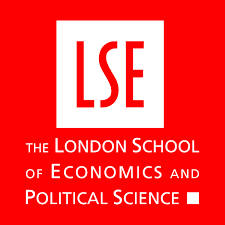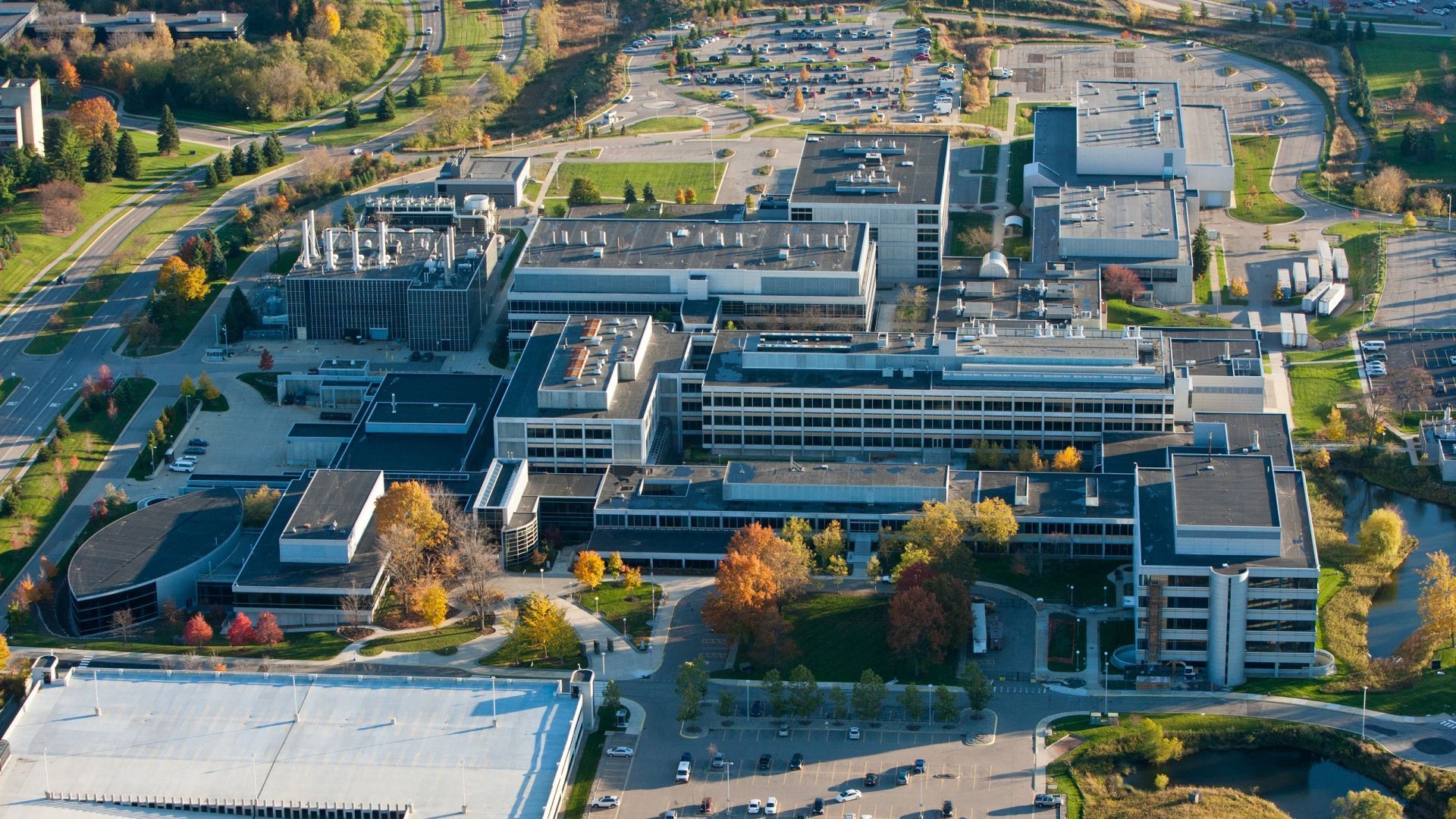
London School of Economics and Political Science

Larry Kramer (President and Vice-Chancellor)
Summary
The London School of Economics and Political Science (LSE) was founded in 1895 by members of the Fabian Society, including Sidney and Beatrice Webb. It was established with a £20,000 bequest to advance the study of social sciences. From its inception, LSE welcomed both men and women and students from around the world. The school joined the University of London in 1900, becoming its Faculty of Economics, and awarded its first University of London degrees in 1902.
LSE grew steadily in size and reputation throughout the 20th century. Notable developments included expanding academic departments, the appointment of its first woman professor in 1921, and the inclusion of its first Black academic, Arthur Lewis, in 1938. During World War II, LSE temporarily relocated to Cambridge due to the London bombing. Post-war, it continued to develop as a centre for social science research and education, gaining recognition for its contributions, including several Nobel Prize-winning economists affiliated with the school.
In 2006, LSE obtained degree-awarding powers and began issuing its own degrees in 2008. The school has since expanded its campus in central London, adding new academic and student facilities. LSE is known for its international student body, with around 70% of students from outside the UK, and a broad range of programmes in economics, politics, law, sociology, and related fields.
LSE is a constituent college of the University of London but operates with a high degree of independence. It is part of the Russell Group and is regularly ranked among the top social science universities globally.
History
The London School of Economics and Political Science (LSE) was founded in 1895 by Sidney Webb, Beatrice Webb, Graham Wallas, and George Bernard Shaw, all prominent members of the Fabian Society. The establishment was funded initially by a £20,000 bequest from the estate of Henry Hunt Hutchinson, a lawyer and Fabian Society member, which was entrusted to support the Society’s objectives. The proposal to create the school was conceived during a breakfast meeting on 4 August 1894 and accepted by trustees in February 1895. The school opened its doors in October 1895 with classes held in three rooms at 9 John Adam Street, close to the Strand in central London.
William Hewins, an economic historian aged 29, was appointed the first Director. In its first year, LSE enrolled 300 students who took courses in economics, statistics, and political science. The initial prospectus listed 11 lecturers teaching subjects such as economics, statistics, commerce, commercial geography, commercial history, law, currency and banking, taxation and finance, and political science. Classes were offered both in the mornings and evenings to accommodate working students. In 1896, the library was established, later known as the British Library of Political and Economic Science from 1928.
In 1900, LSE joined the reformed University of London as its Faculty of Economics. University of London degrees were first awarded to LSE students in 1902. To support its new status, the school secured a permanent home with the foundation stone of its first building at Clare Market laid in 1900 and Passmore Edwards Hall opening in 1902. By the outbreak of the First World War, student numbers had grown to 1,681, including 583 women and 234 international students.
Between 1919 and 1939, under the direction of William Beveridge, LSE experienced rapid intellectual and physical development. In 1920, King George V laid the foundation stone on Houghton Street, where a new building was completed in 1938. The school received funding from the Rockefeller Foundation to support its intellectual expansion. Beveridge described the school’s scope as the study of man in society. In 1921, Lilian Knowles was appointed as the first woman professor, while Arthur Lewis, the school’s first Black academic, joined as an assistant lecturer in 1938 and later won the Nobel Prize. LSE staff, including Beveridge, played roles in founding the Academic Assistance Council in 1933 to aid displaced German academics.
During the Second World War, LSE evacuated to Cambridge, where it was hosted by Peterhouse College, continuing courses in collaboration with Cambridge University and Bedford College. Student numbers declined, and for the first time, women outnumbered men among the students. The Houghton Street buildings in London were used by government ministries. Forty-six members of staff served in the war effort. Lionel Robbins became Director in 1940 and contributed to the 1944 Bretton Woods Conference. William Beveridge’s 1942 report influenced post-war social reform legislation.
Post-war, student numbers rose steadily, reaching 2,200 by 1951, with over 500 international students. In the 1950s and 1960s, the school consolidated its position, developing departments such as Social Policy under Richard Titmuss and Social Psychology under Hilde Himmelweit. A major sociological study on social mobility was conducted in the 1950s. The appointment of Sir Walter Adams as Director in 1967 prompted student protests and unrest over his previous association with Rhodesia, resulting in the temporary closure of the school in 1969. This period led to student representation on school committees.
The 1970s saw four Nobel Prizes in Economic Sciences awarded to economists connected to LSE: John Hicks (1972), Friedrich Hayek (1974), James Meade (1977), and Arthur Lewis (1979). In 1978, the school’s library moved to the former WHSmith headquarters, renamed the Lionel Robbins Building, improving access to its collections. By the late 1980s, LSE’s research had gained recognition for quality, scoring highly in national assessments.
In 2006, LSE gained degree-awarding powers and awarded its first degrees in its own name in 2008, ending the previous practice of issuing University of London degrees. The school continued expanding its campus, acquiring and redeveloping buildings on Lincoln’s Inn Fields. The Saw Swee Hock Student Centre opened in 2014, followed by the Centre Building in 2019 and the Marshall Building in 2022, enhancing campus facilities.
The school marked its 125th anniversary in 2020 amidst the COVID-19 pandemic. Its contribution to social science research was reaffirmed by the 2021 Research Excellence Framework. Recent initiatives have focused on the societal impact of research in areas including post-COVID recovery, the UK economy, global politics, and technology.
Courses
The London School of Economics and Political Science (LSE) offers a wide range of academic programmes primarily focused on the social sciences. As of 2024, the school provides over 40 undergraduate courses, more than 140 taught master's programmes, alongside research master's and doctoral degrees. These programmes cover disciplines such as economics, politics, law, sociology, anthropology, finance, management, international relations, social policy, and geography, among others.
At undergraduate level, LSE offers Bachelor of Science (BSc) degrees in various fields including Economics, Politics and International Relations, Law, Social Policy, and International Development. The courses are structured to provide students with foundational knowledge as well as specialised study in their chosen disciplines. Many undergraduate programmes require students to take at least one course outside their main subject during the first and second years, encouraging interdisciplinary understanding within the social sciences. For example, a student specialising in economics might study modules in political science or sociology to broaden their perspective.
Postgraduate taught programmes are extensive and include Master of Science (MSc) degrees across areas such as Finance, Public Policy, Social Research Methods, Human Rights, and Data Science. Entry requirements typically include a first or upper second-class honours degree or its international equivalent. LSE also offers professional degrees such as the Master of Laws (LLM) and Executive MBA programmes, including the TRIUM Global Executive MBA, a collaboration with NYU Stern and HEC Paris.
Research degrees at LSE comprise MPhil and PhD programmes across its departments. Applicants for research master's or doctoral studies generally require a relevant master's degree with merit or distinction. Doctoral candidates engage in original research under faculty supervision, contributing to academic knowledge in their field.
In addition to full-time, on-campus study, LSE offers part-time and online learning options, including flexible programmes for professionals and international students. These enable students to access LSE’s academic resources and community regardless of geographical location.
Global MBA rankings
LSE consistently ranks among the top universities globally, particularly in the social sciences. In the QS World University Rankings 2025, LSE is placed 50th overall. The university excels in specific subject areas, securing top positions in disciplines such as Geography (2nd), Philosophy (2nd), Development Studies (3rd), Sociology (5th), and Politics and International Studies (5th).
In addition to subject-specific rankings, LSE has been recognised for its overall performance. It was named the University of the Year 2025 by The Times and The Sunday Times Good University Guide, marking the first time it has topped the UK university rankings.
Furthermore, LSE is affiliated with 20 Nobel laureates and has produced numerous influential alumni in various fields.
Job integration rate
LSE boasts a high graduate employment rate, with 92.5% of its graduates securing high-skilled full-time employment or pursuing further study within 15 months of graduation.
General information
- London School of Economics and Political Science | LSE
- London School of Economics | Wikipedia
- The London School of Economics and Political Science | University of London
- London School of Economics (LSE): Rankings, Courses | Shiksha
- The London School of Economics and Political Science | Top Universities
- London School of Economics and Political Science | Masters Portal
- London School of Economics and Political Science | UCAS
- London School of Economics and Political Science | Russell Group
- London School of Economics and Political Science | Times Higher Education
- The London School of Economics and Political Science | Discover Uni
- London School of Economics and Political Science (LSE) | Britannica
- London School Economics & Political Science | U.S. News & World Report
- London School of Economics and Political Science (LSE) | Cornell University
- London School of Economics and Political Science (LSE) | Study.eu
- London School of Economics and Political Science | The Conversation
Explore the latest data on Business, Industry Leaders and Influencers, Organizations, Education, and Investors to stay informed and ahead.

Larry Kramer (President and Vice-Chancellor)
